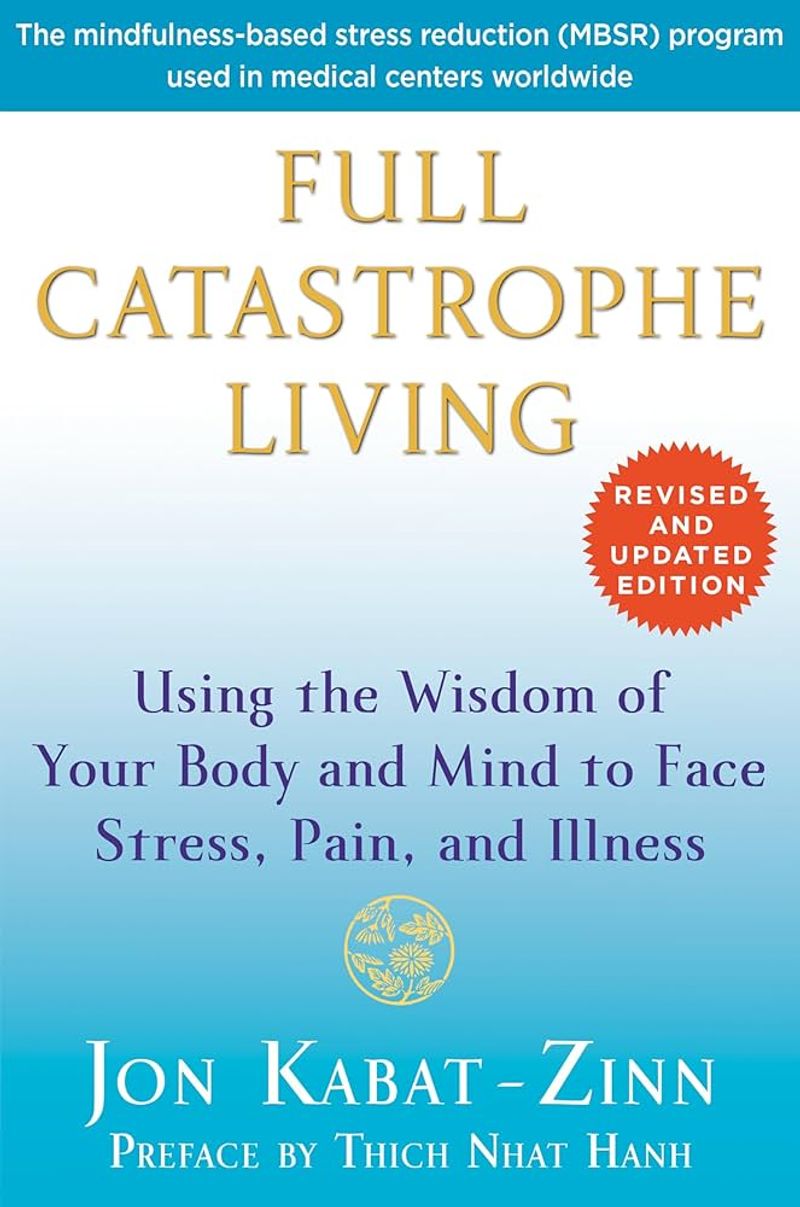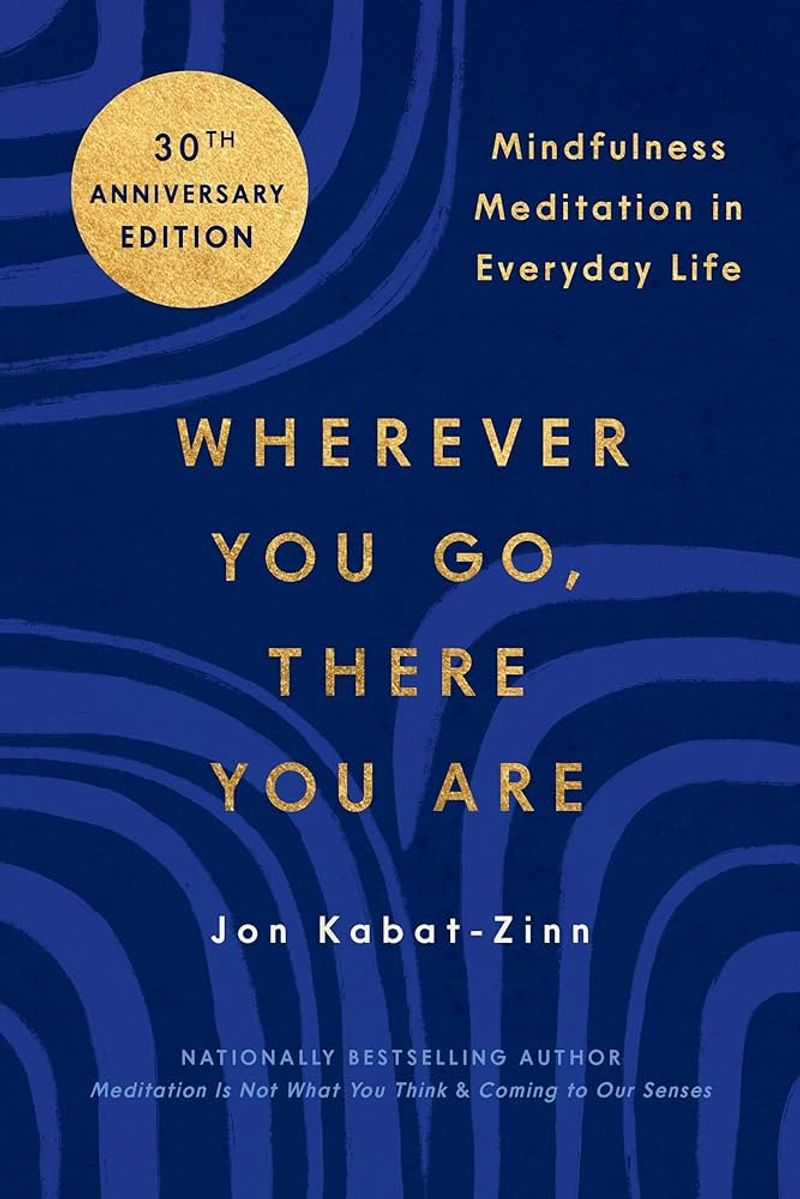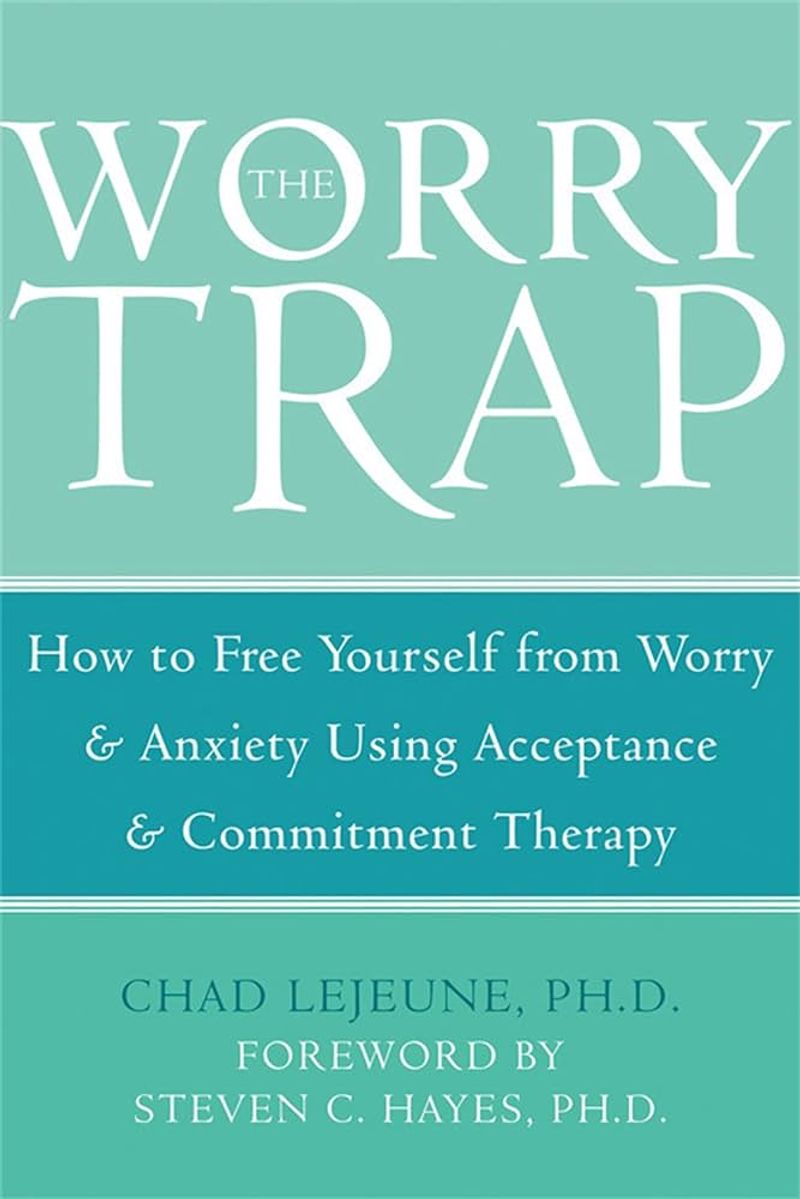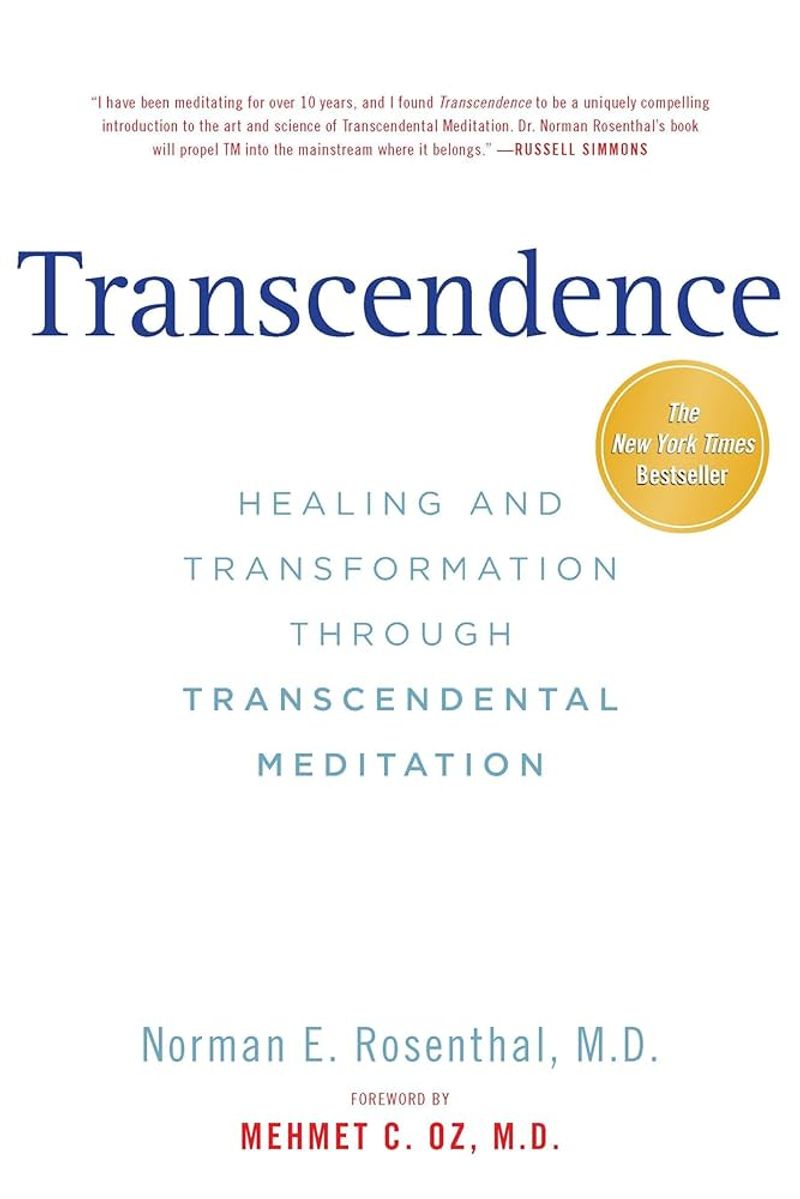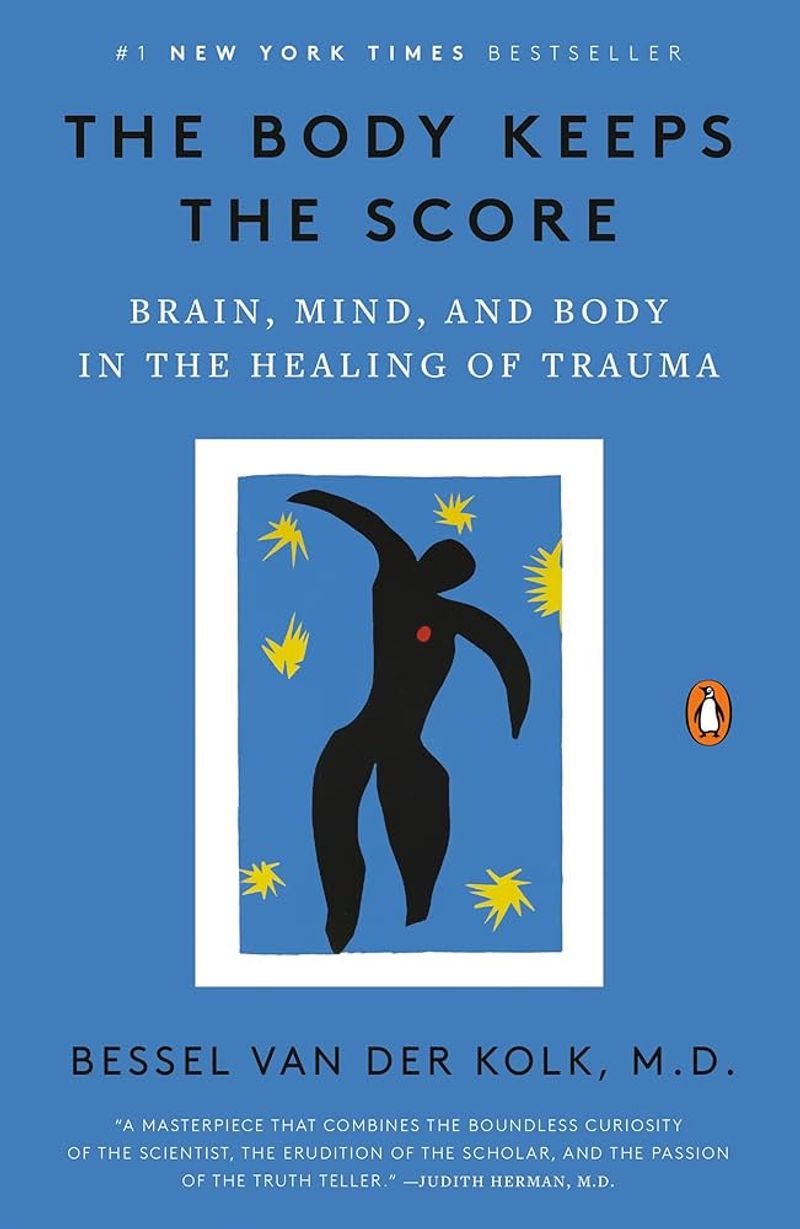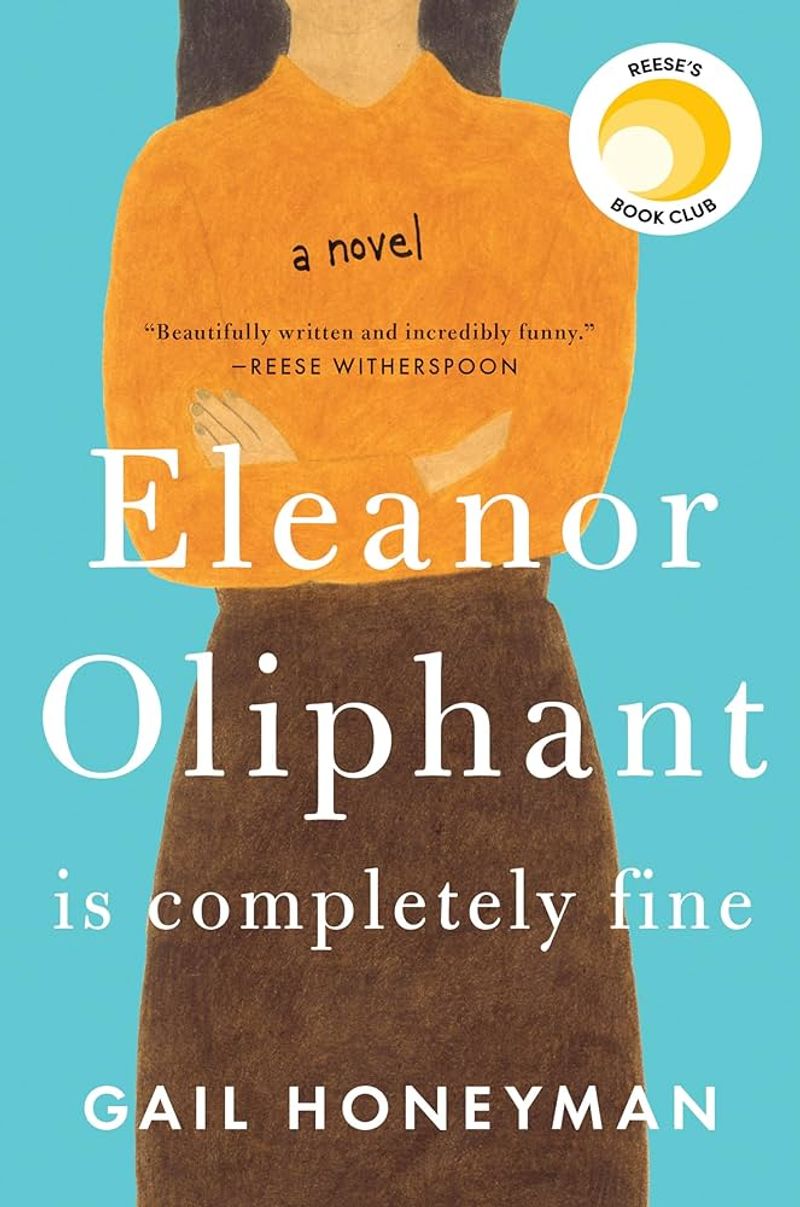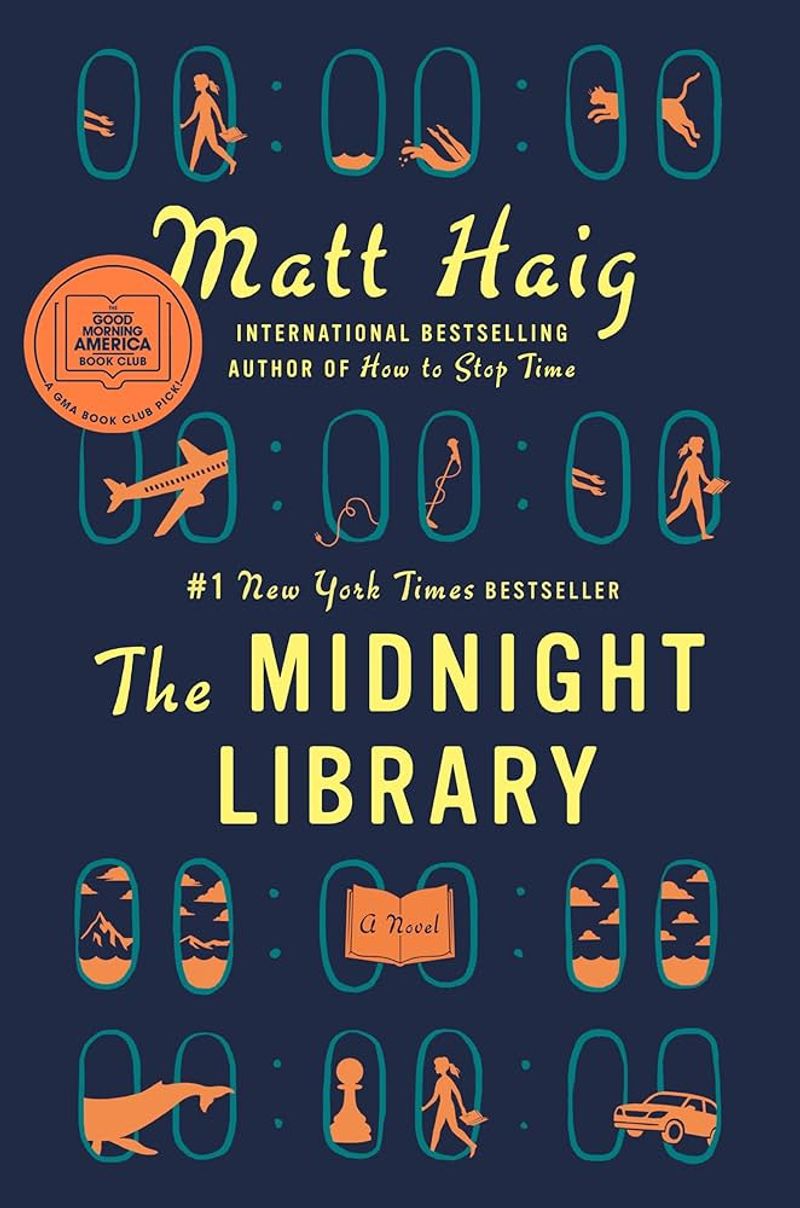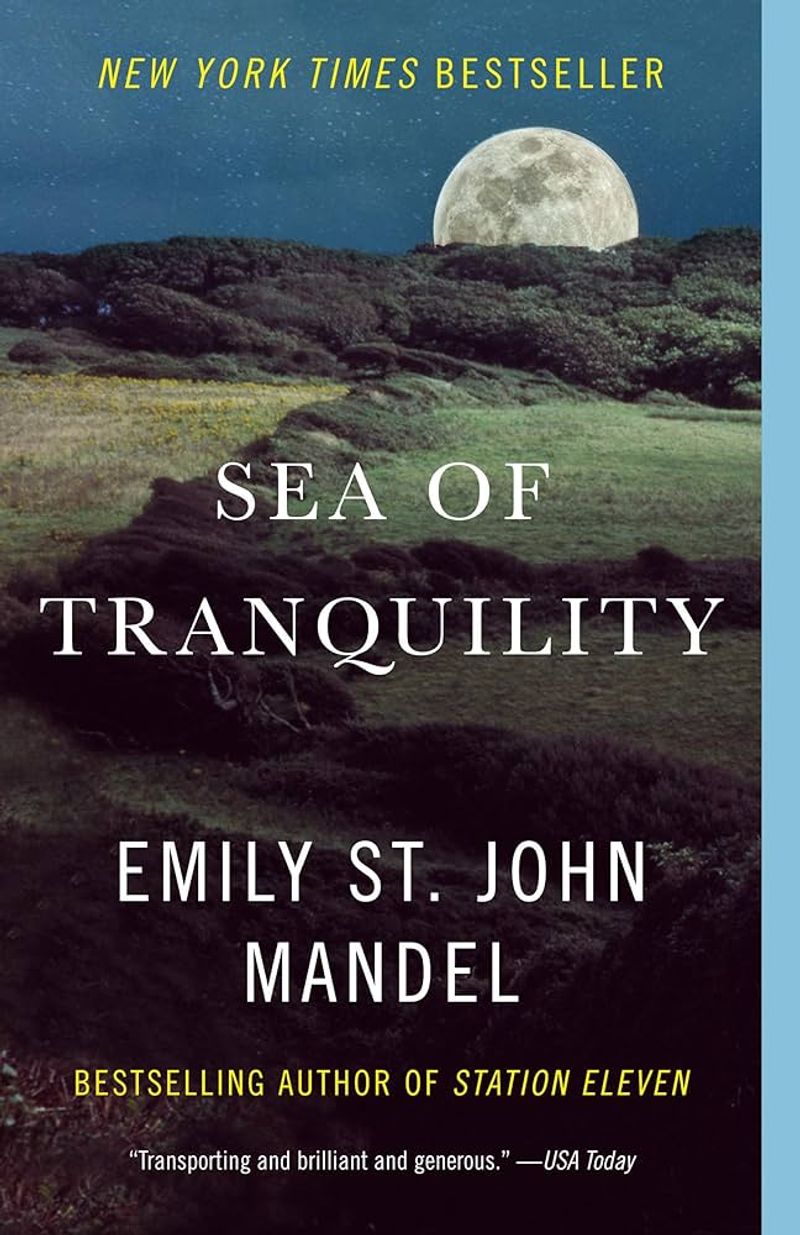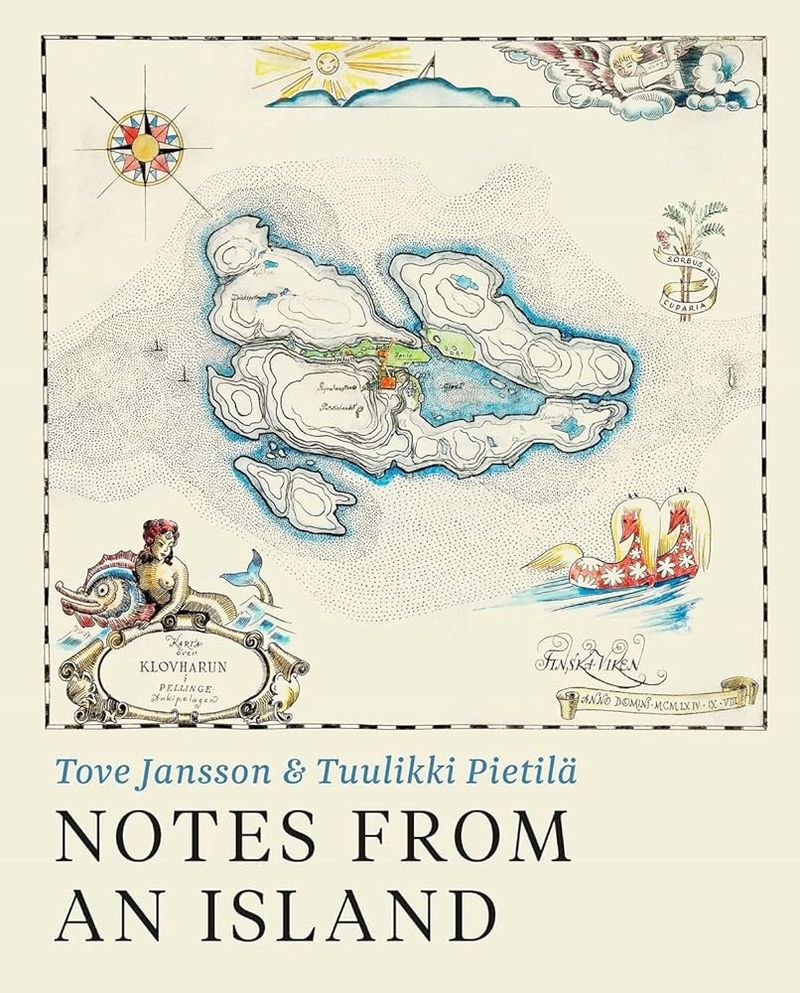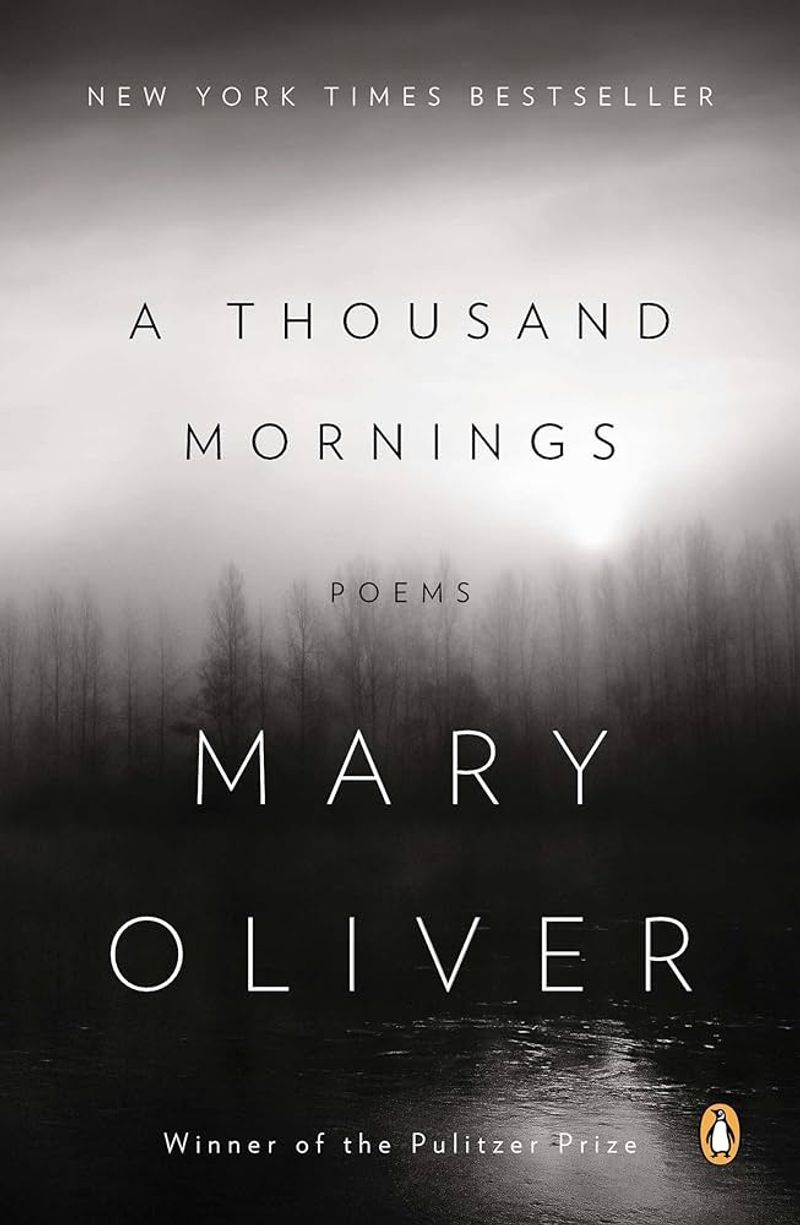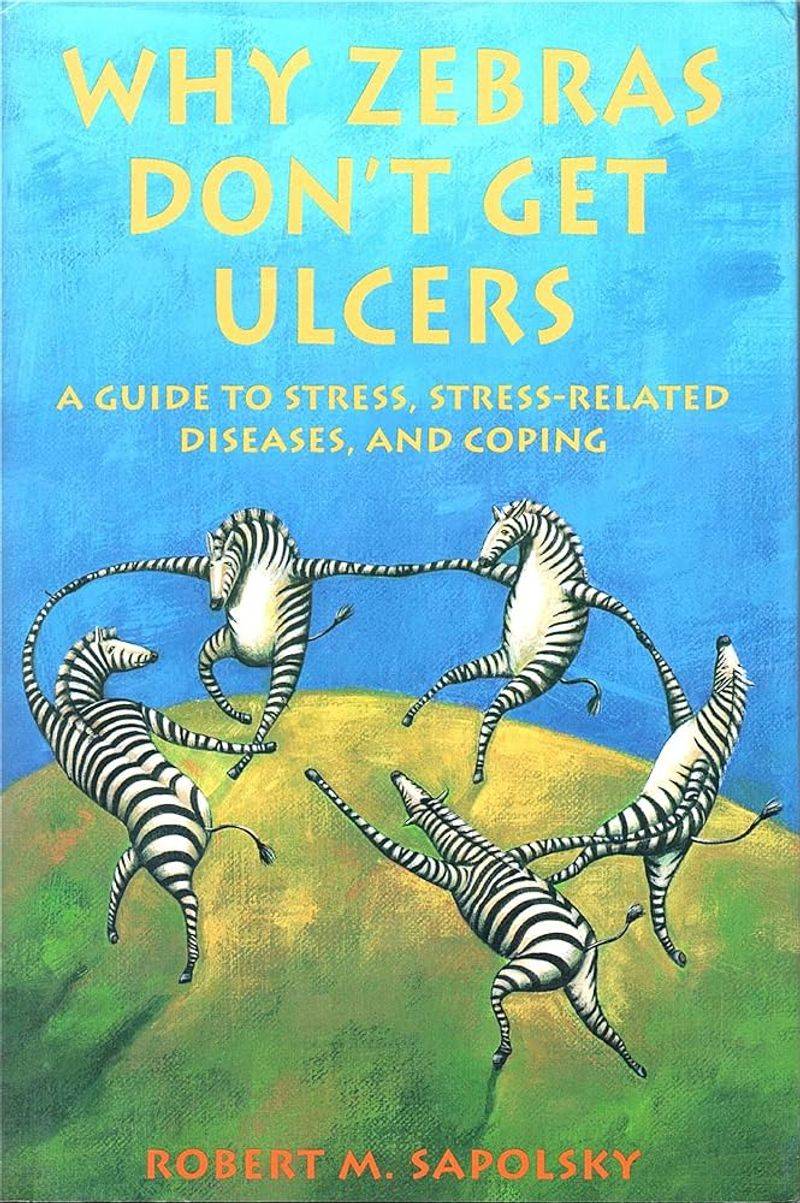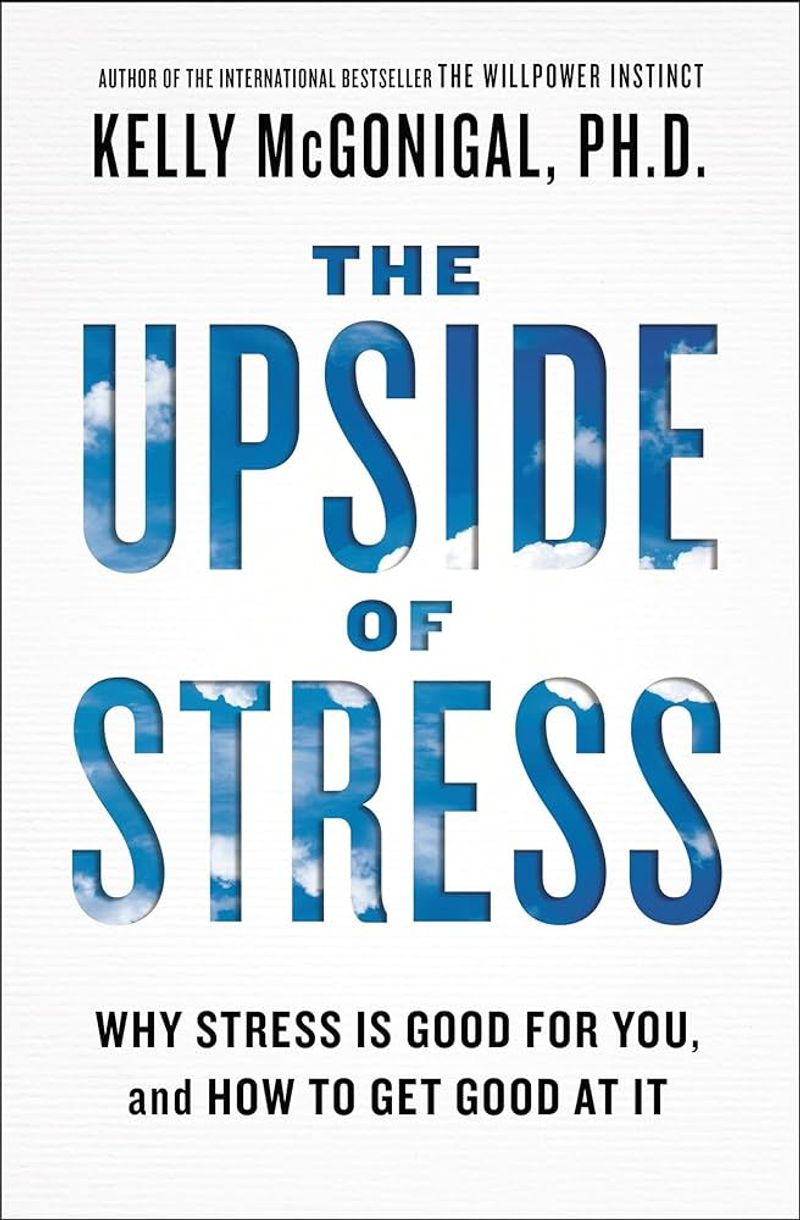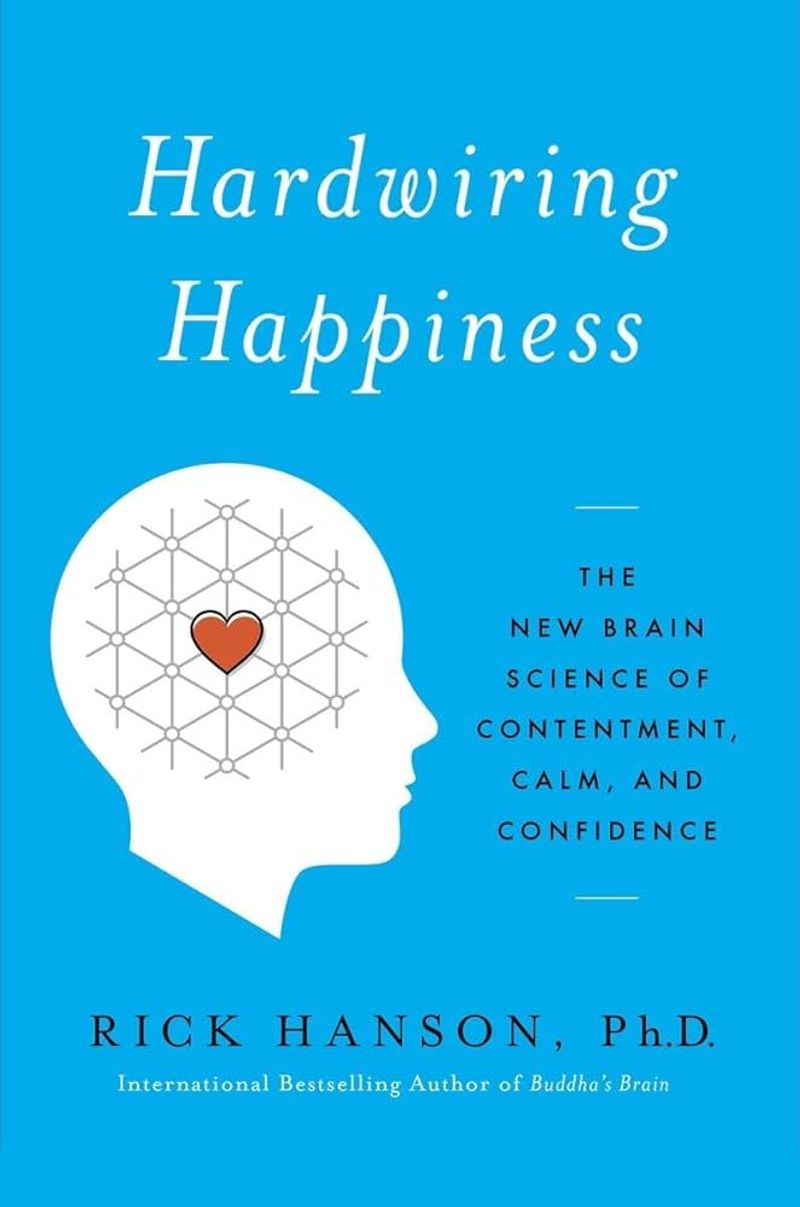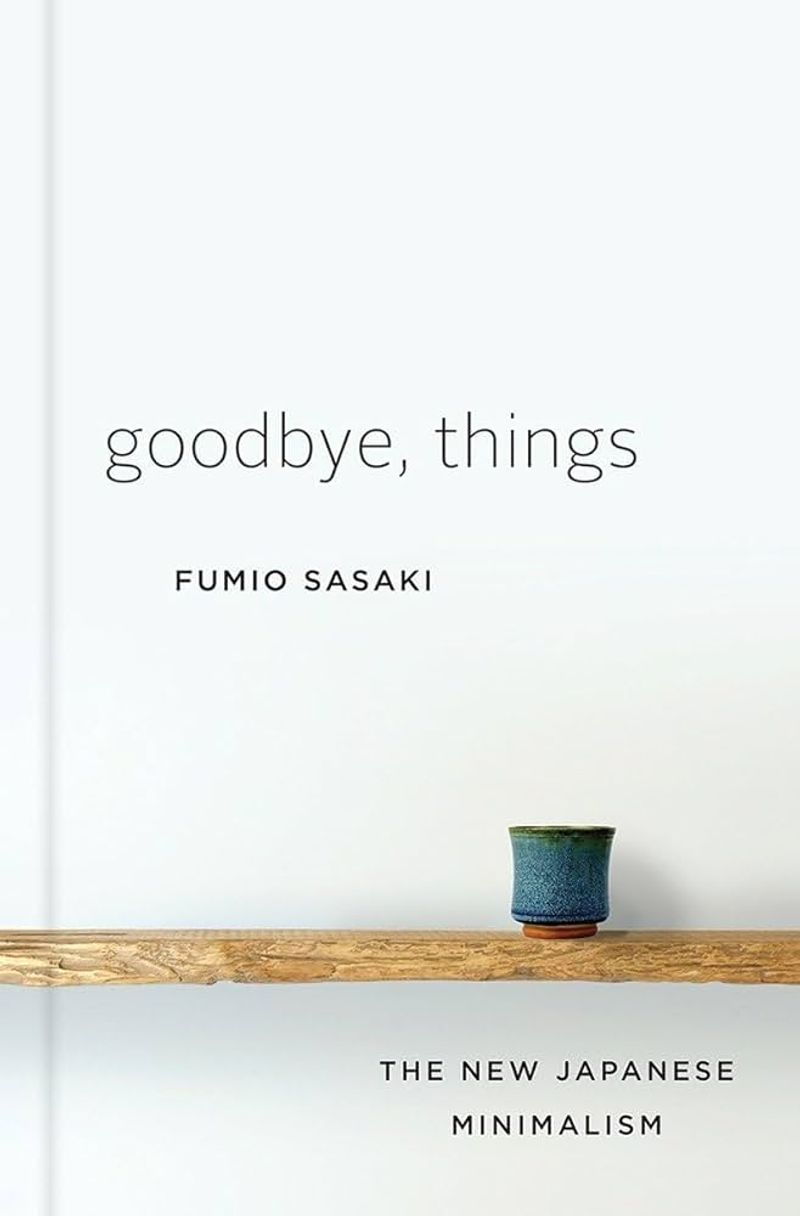Finding peace in our busy lives can be challenging. Books offer a wonderful escape from daily stress, helping us slow down and refocus our minds. The following collection brings together powerful reads that teach mindfulness, offer comforting stories, and provide practical tools for managing stress and anxiety.
1. Full Catastrophe Living — Jon Kabat-Zinn
This groundbreaking guide introduces mindfulness-based stress reduction (MBSR) in a practical, accessible way. Kabat-Zinn, a meditation teacher and scientist, shares techniques that can transform your relationship with stress.
The book walks you through meditation practices, body awareness exercises, and ways to incorporate mindfulness into everyday activities. Many readers report significant reductions in anxiety after following the program.
Perfect for beginners and experienced practitioners alike, it offers a roadmap to living more fully in the present moment rather than getting lost in worries about the past or future.
2. Wherever You Go, There You Are — Jon Kabat-Zinn
Written as a series of short, digestible chapters, this beloved classic makes meditation approachable for everyone. Kabat-Zinn strips away the mysticism often associated with mindfulness, presenting it as a practical skill anyone can develop.
The book alternates between explaining meditation concepts and offering simple exercises you can try immediately. Its gentle wisdom reminds us that peace isn’t found in changing our circumstances but in changing how we relate to them.
Many readers keep this by their bedside, returning to favorite passages whenever life feels overwhelming.
3. The Worry Trap — Chad LeJeune
Anxiety has a way of spinning our thoughts into overwhelming spirals. LeJeune’s practical guide uses acceptance and commitment therapy (ACT) to break this cycle, teaching readers to relate differently to worrisome thoughts.
Rather than fighting against anxiety, you’ll learn to acknowledge it without being controlled by it. The book includes straightforward exercises that help identify values and take meaningful action, even when worry is present.
Readers appreciate LeJeune’s conversational style and the relatable examples that make complex psychological concepts easy to understand and apply.
4. Transcendence — Norman E. Rosenthal
Rosenthal, the psychiatrist who first described seasonal affective disorder, explores Transcendental Meditation (TM) as a tool for reducing stress and enhancing wellbeing. The book combines scientific research with compelling personal stories from practitioners.
You’ll discover how this simple technique has helped people manage conditions ranging from PTSD to high blood pressure. Rosenthal explains the practice in clear terms while acknowledging the growing body of research supporting its effectiveness.
What makes this book special is how it bridges ancient wisdom and modern science, offering a practical path to inner calm.
5. The Body Keeps the Score — Bessel van der Kolk
Revolutionary in its approach to trauma, this compassionate book explains how stress and difficult experiences become physically stored in our bodies. Van der Kolk draws on decades of clinical experience to show how trauma reshapes both brain and body.
The second half offers hope through various healing modalities—from EMDR to yoga to neurofeedback. Though some sections describe difficult experiences, the overall message empowers readers to understand their reactions and find paths toward healing.
Many readers report profound ‘aha’ moments, finally understanding connections between past experiences and current struggles with stress.
6. Eleanor Oliphant Is Completely Fine — Gail Honeyman
Sometimes fiction offers the perfect escape from stress while still teaching valuable lessons. Eleanor’s journey from isolation to connection reminds us of the healing power of human relationships.
The protagonist’s quirky observations and gradual awakening to life’s possibilities make for both humorous and deeply moving reading. As Eleanor confronts her past trauma, readers witness how small acts of kindness can transform lives.
This novel beautifully balances heavy themes with lightness, providing both entertainment and profound insights into loneliness, healing, and the courage to change long-established patterns.
7. The Midnight Library — Matt Haig
Between life and death exists a library with infinite books, each containing a different version of your life had you made different choices. This enchanting premise frames Nora Seed’s journey through regret, possibility, and ultimately, acceptance.
Haig’s storytelling feels like a warm conversation with a friend who understands depression but still believes in hope. The novel gently explores how we measure life’s worth and find meaning in our everyday choices.
Readers often describe feeling both comforted and inspired after finishing this book, with a renewed appreciation for their current lives.
8. Sea of Tranquility — Emily St. John Mandel
Time travel meets pandemic literature in this elegant novel spanning centuries. Mandel weaves together seemingly disparate characters and timelines into a meditation on art, reality, and what endures across time.
The book’s contemplative pace creates a reading experience that feels like stepping outside normal time, offering perspective on our current worries. Characters grapple with uncertainty in ways that feel deeply relevant to our stress-filled present.
Readers appreciate how the novel’s cosmic scope paradoxically brings comfort, reminding us that even in isolation, we remain connected across time and space.
9. Notes from an Island — Tove Jansson
Escape to a remote Finnish island through Jansson’s lyrical observations and illustrations. This memoir chronicles summers spent with her partner Tuulikki, capturing the rhythms of island life through changing seasons and weather.
The prose has a meditative quality, inviting readers to slow down and notice small details—the pattern of waves, visiting birds, the quality of light. Jansson’s gentle humor shines through in her accounts of visitors and minor mishaps.
Reading this feels like taking a deep breath of clean air, reminding us that simplicity and connection with nature offer powerful antidotes to modern stress.
10. A Thousand Mornings — Mary Oliver
Oliver’s crystalline poems invite us into moments of quiet observation—a heron fishing at dawn, snow falling on pine branches, the reliable comfort of a beloved dog. Each poem feels like a small meditation, drawing attention to beauty we might otherwise miss.
The collection celebrates everyday wonders without sentimentality or complicated language. Oliver’s straightforward style makes poetry accessible even to those who don’t typically read it.
Many readers develop a habit of reading one poem each morning as a centering practice, finding that Oliver’s words help them approach the day with greater presence and appreciation.
11. Why Zebras Don’t Get Ulcers — Robert M. Sapolsky
Humor meets science in this accessible explanation of how chronic stress affects our bodies. Sapolsky, a neuroscientist with exceptional storytelling skills, explains why humans experience stress-related illness in ways other animals don’t.
The book clarifies connections between psychological stress and physical problems like cardiovascular disease, diabetes, and aging. Despite tackling serious subjects, Sapolsky’s witty writing keeps readers engaged and often laughing.
Understanding these mechanisms gives readers practical insights for managing stress. Knowledge becomes power as you recognize how your body responds to different stressors and learn strategies to interrupt harmful patterns.
12. The Upside of Stress — Kelly McGonigal
Could changing how you think about stress actually make you healthier? McGonigal presents fascinating research suggesting that our beliefs about stress influence its impact on our wellbeing.
The book challenges the conventional wisdom that stress is always harmful, showing how it can sometimes enhance performance, meaning, and connection. Practical exercises help readers reframe their relationship with pressure and develop a more nuanced understanding of their stress responses.
Many readers report feeling immediately lighter after reading, freed from the additional burden of worrying about their worry.
13. Hardwiring Happiness — Rick Hanson
Our brains have a built-in negativity bias—we’re wired to notice and remember bad experiences more than good ones. Hanson’s practical guide teaches how to counteract this tendency through simple daily practices.
The book introduces the HEAL approach (Have, Enrich, Absorb, Link), a method for savoring positive experiences long enough to create lasting neural changes. These exercises take just minutes but can gradually shift your baseline happiness level.
Readers appreciate how Hanson balances scientific explanations with straightforward techniques that fit easily into busy lives, creating realistic paths to greater contentment.
14. Goodbye, Things — Fumio Sasaki
Physical clutter often creates mental clutter. Sasaki shares his personal journey from overwhelmed collector to minimalist, along with the unexpected psychological benefits he discovered.
Unlike some minimalist manifestos, this book maintains a gentle, non-judgmental tone. The author acknowledges the emotional challenges of letting go while providing practical strategies for simplifying gradually.
Beautiful photographs contrast cluttered and simplified spaces, visually demonstrating how external order can promote internal calm. Many readers report feeling inspired to tackle their own spaces after reading, experiencing immediate stress relief as they create more breathing room in their homes and minds.

